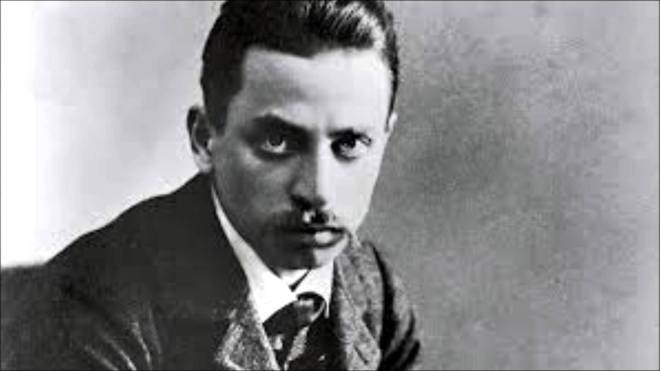Today there was a review in the Wall Street Journal of a new book by Scott Timberg, Culture Crash: The Killing of the Creative Class. Here’s the part that struck me hardest:
“While acknowledging the role of the ‘bohemian fringe,’ [Timberg] feels that the ‘churn of culture’ is generated mostly by the middle class. And while he is immune neither to pop culture nor to high art, his heart belongs to middlebrow. He is nostalgic for the ‘three-or-four-decade Age of Middlebrow,’ which, appropriately enough, he sees as having spanned the middle years of the past century. (Two examples of its fruits are Leonard Bernstein’s Young People’s Concerts and ‘a book club run by W.H. Auden, Jacques Barzun, and Lionel Trilling.’) Middlebrow, in his view, ‘said that . . . there was a canon worth knowing, that art was not the same as entertainment . . . and that those who make, assess, and disseminate the arts were somehow valuable to our society regardless of their impact on GDP.’”
What’s strange is that Age of Middlebrow is what, somehow, formed my own thinking about culture, and shaped my own expectations and dreams. I’m a child of the seventies and eighties, so the only reason I can think of is that my teachers were the children of that age, and I absorbed their thinking thoroughly. (I know that I am at heart a New Critic, for the same reasons.) Without having words for it, the cultural moment I grew up in struck me as philistine (and I was, always, paying attention only to books). I longed for Paris in the twenties, New York in the thirties. When I thought (very amorphously) about wanting to be a writer, part of it was wanting to be a writer in that moment, which had already passed.
Timberg’s book opens with a chapter called “When Culture Works,” a look (says the review) at “how ‘a fortuitous kind of ecology’ can bring creative types together and stimulate art.” One of his examples is literary Boston in the fifties, and that lingering collective memory—of Robert Lowell, Sylvia Plath, W.S. Merwin, Richard Wilbur, etc., living and creating in the then-seedy Back Bay—is very likely one of the reasons I moved to Boston at the age of 22. And why I took the first writing class of my life at the Center for Adult Education, which was where Anne Sexton met Maxine Kumin.
If I were back in grad school, I’m sure I could tear this argument to shreds. It isn’t even an argument: it’s simply a set of emotions, of longings, and of beliefs, about art and literature and the place they should hold in a just and educated culture. Art itself now has the taint of elitism. Never mind canon. Dead white men, etc. etc. (Auden! Barzun! Trilling!) Perhaps because I was actually a child of the post-civil-rights era, however, and believed that Free to Be You and Me was actually how the world worked, I always assumed the canon was simply going to widen. I assumed the best of the recent past would continue, and be altered to fit the more enlightened present.
It’s interesting to me that Timberg’s sentiment can’t be labeled definitively as either liberal or conservative, at least in 2015 terms. “A canon worth knowing…art was not the same as entertainment”: reactionary, conservative. Genre wars! Mayday! And then the next part crunchy, impractical liberal: “[T]hose who make, assess, and disseminate the arts [are] somehow valuable to our society regardless of their impact on GDP.” It’s the GOP, after all, who always want to cut the arts funding, decimate the NEA.
I’ll read Culture Crash, although I imagine it’s going to be depressing. If we can think about what formed those ideal artistic ecologies, maybe we can better nurture them, although as in so many other areas of the culture it probably will take a wholesale transformation of our economy to make a difference.
Scott Timberg’s work for Salon is here and his website is here. He seems to know a lot about music, and so by definition is way cooler than I will ever be.


